
Farewell messages
Project farewell messages of our partners.
PROGRESS project ended on July 2023. This website will no longer being updated but serves as a most relevant repository of all project outcomes for future reference. Of special value are the project library and the database of good practices.
Congratulations to all the partners involved in the PROGRESS project! Your collaboration and contributions have made a significant impact on improving regional policies on ecosystemic services. This collaborative experience has been crucial for fostering positive change. Thank you for your dedication and efforts. I hope we’ll keep our fruitful collaboration in the future!
Marina Lauri, ANCI Toscana
You may want to look at this news on the presentations of the final conference took place on March 23, 2023, in Barcelona, Catalonia (Spain). And the accompaining news on the panels that took place.
As PROGRESS reaches its culmination, we would like to reflect on the remarkable progress made in regional development and knowledge exchange throughout Europe. Let's delve into its achievements and acknowledge the lasting impact it has had on participating regions:
Finally, let us celebrate the transformative impact that Interreg Europe has made in regional development and knowledge exchange. By sharing knowledge, implementing best practices, and promoting cross-regional cooperation, the project leaves behind a lasting legacy. As we bid farewell, let us carry forward the valuable lessons learned and the networks established, ensuring the continuation of positive change and collaboration in the years ahead.
Interreg PROGRESS, July 2023
PROGRESS is here to make progress!
The aim of the project is to initiate a process of policy change towards the conservation of biodiversity and the maintenance of nature’s capacity to deliver the goods and services that we all need. The policy instruments tackled by the project are the ERDF OPs at regional or national level and other strategies dealing with the protection and valuing biodiversity and ecosystem services. The approach proposed by the project is firmly based on policy learning and capacity building of the partner organizations and relevant stakeholders of the concerned policy subsystems, as it stimulates a collective multidimensional and dynamic exchange of experience. The objectives of PROGRESS:
€1,471,850.00
Environment and resource efficiency
The Tuscany Regional Biodiversity Strategy (RBS) is the instrument aimed at the design and implementation until 2020 of the most urgent regional actions to fight the loss of biodiversity and of the ecosystem services offered by both the terrestrial and the marine environments. The RBS is consistent with and functional to the National Strategy for Biodiversity 2020 and the EU Strategy for Biodiversity. This strategy has been included in the Regional Plan for Environment and Energy so to guarantee the implementation of those actions that are considered most urgent and their necessary integration, both with the planning of protected areas and with other environmental policies. The main objective of this Strategy is to preserve and enhance the natural heritage of terrestrial and marine biodiversity of Tuscany, reducing and controlling human pressure which constitute a threat, favoring its sustainable use at the benefit of current and future generations. The RBS is in fact a response to the need for integration between the protection of biodiversity and the objectives pursued by sector policies, through a multidisciplinary approach and collaboration between different offices of the Regional Authority, local authorities, protected areas, agencies, the academic and scientific world, etc. What should be improved is the horizontal integration of the ecosystem concerns into the sectoral policies and plans and innovative financial and marketing mechanisms for payment for ecosystem services.
The Latvian single multi-fund Operational Programme ''Growth and Employment'' (OP) aims at achieving key national development priorities along with the "Europe 2020" objectives. By combining support from the ERDF, ESF and the Cohesion Fund, the OP will provide a significant support to the economic growth and employment, with a particular focus on the competitiveness of Latvia's economy. Among other, the OP focuses on measures dedicated to protecting the environment and promoting the sustainable use of resources (priority axis 5) aiming to ensure the balance between the nature protection and economic interests, to maintain and improve the status of ecosystems by ensuring availability of the ecosystem services and promoting the image of Latvia as a green country (5.4). Environmental monitoring is currently performed to insufficient extent. Insufficient data on the current state of the environment is another reason why it is impossible to provide complete information on compliance with EU requirements, and there are no corresponding results to assess the influence of implementation of various measures on environmental quality. Current policy instruments are not sufficiently targeted towards protecting biodiversity. The quality and accessibility of information, including environmental monitoring data, environmental education, promoting green thinking, are essential for implementation of EU directives and successful implementation of environmental policies.
Currently the Greater Dublin Area Regional Planning Guidelines (RPG) set out the planned direction for growth of the Greater Dublin Area. They establish policy ideas to guide sustainable and balanced growth, to support the national objective of more balanced regional development and protect biodiversity. The RPG will be replaced in future by a Regional Spatial & Economic Strategy (RSES) for the Eastern & Midland Regional Assembly, PROGRESS will inform the current RPG and a future RSES. In addition to the top-down approach, the RPG embraces a bottom-up approach by taking account of the proposed spatial plans (i.e. Local Authority Development Plans) and economic plans (i.e. Local, Economic, Community Plans) of local authorities to ensure issues raised locally feed into regional policy. The RPG aims to ensure the resilience of natural resources and cultural assets. It enables Ireland’s planning system to play an important role in the national economic recovery by delivering a plan-led system where spatial plans are aligned to benefit the economy, environment and provide for an improved quality of life. There is a need to improve the methods for the assessment of ecosystem services as the concept of ecosystem services is still relatively new in Ireland. PROGRESS will inform the environmental components of the RPG. The policy learning, interregional co-operation and capacity building actions as part of PROGRESS will provide tools to measure and implement the concept of ecosystem services.
The Operational Programme aims to support sustainable growth and contribute to achieving the Europe 2020 targets for smart, sustainable and inclusive growth. It improves flood protection, provides better waste and wastewater management services and good quality drinking water to more residents, help protect natural habitats and species, and it should improve energy efficiency and the use of renewable energy sources. The programme focuses among others on adaptation to climate change impacts, development of water supply, wastewater disposal and cleaning,nature protection and wildlife protection. The OP targets the development of green infrastructure and restoration of degraded ecosystems and protected natural values and areas of Community importance in order to improve its nature conservation status. It plays a significant role in the conservation and development of key ecosystem services, both in terms of sustainable economic growth and the quality of life of the population, through the restoration of 5% of the degraded ecosystems as well as the protection and conservation of Natura 2000 sites preserving jobs and creating of new ones. The aim of this priority has to be supported by a permanent decision-supporting system that harmonize the different investment plans of the given territory with the principal of protecting the ecosystem-services as usually short run economic objectives have priority in the decision making process, which hinders the implementation of this principle.
This policy instrument pursues Europe Strategy 2020 objectives of a smart, sustainable and inclusive growth. Sustainable growth is in fact among the horizontal principles of all ERDF co-financed activities, described as measures towards environmental protection, resource efficiency, climate change adaptation and mitigation, biodiversity and ecosystem protection, resilience to disturbances, and risk management. The articulation of ERDF objectives related to the conservation, protection, promotion and development of natural heritage in the Catalan Strategy 2020 priorities (ECAT 2020) results in promoting soil management, protection and maintenance, natural areas, and biodiversity (ECAT 2020 6.4.1) towards green economy (PO FEDER specific objective 3). What should be improved is the achievement of a greater effectiveness of such policy actions through the effective management of land use related ecosystem services (including soil maintenance, biodiversity and many others), by sharing experiences in measuring their costs and benefits, integrating them into sectorial policies, and exploring mechanism for payment for them, and by applying restoration and adaptation investments and landscape governance.
The Large Infrastructure Operational Programme (LIOP) aims at promoting sustainable economic growth as well as safe and efficient use of natural resources. It addresses the development challenges identified at national level in terms of transport infrastructure, sustainable urban transport, environment, energy and risk prevention. Among its priorities, an important focus is represented by the preservation of the biodiversity, including measures concerning the support of the development and implementation of management plans for Natura 2000 sites and protected natural areas and studies to ensure an appropriate level of knowledge and biodiversity monitoring and ecosystems. Romania has to actively promote measures to prevent biodiversity decline by implementing sustainable management models to Nature 2000 sites and natural protected areas and protecting biodiversity out of protected areas. The policy instrument should be further improved by promoting sustainable regional development based on the delivery of the ecosystem services, in particular financial benefits associated with investing in ecosystems biodiversity landscapes and the potential to attract the attention of investors, private actors or donors interested in developing self-sustaining revolving instruments that are complementary to grant and sponsorship mechanisms.

Project farewell messages of our partners.
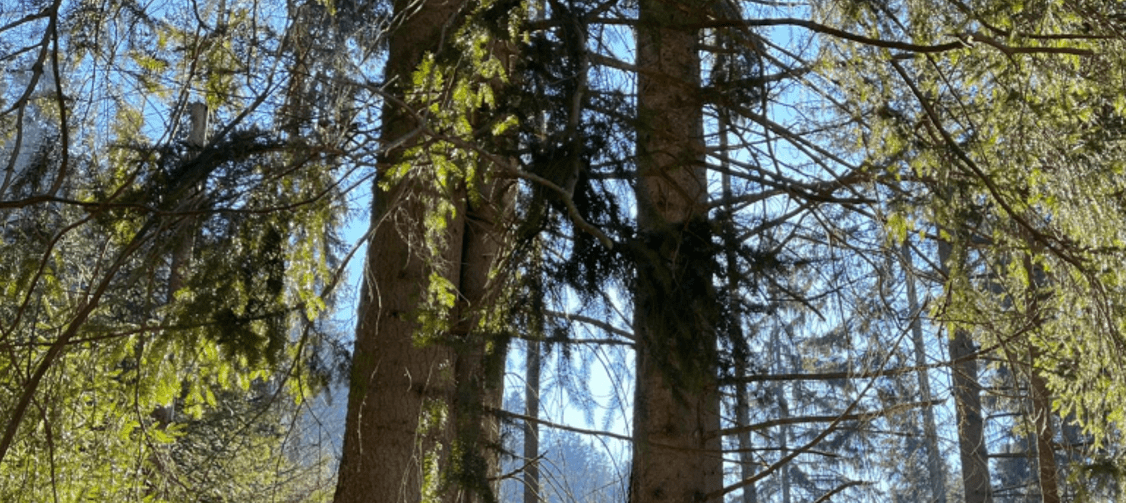
The Interreg Europe program has released a Policy Brief featuring our project, 'PROGRESS.'
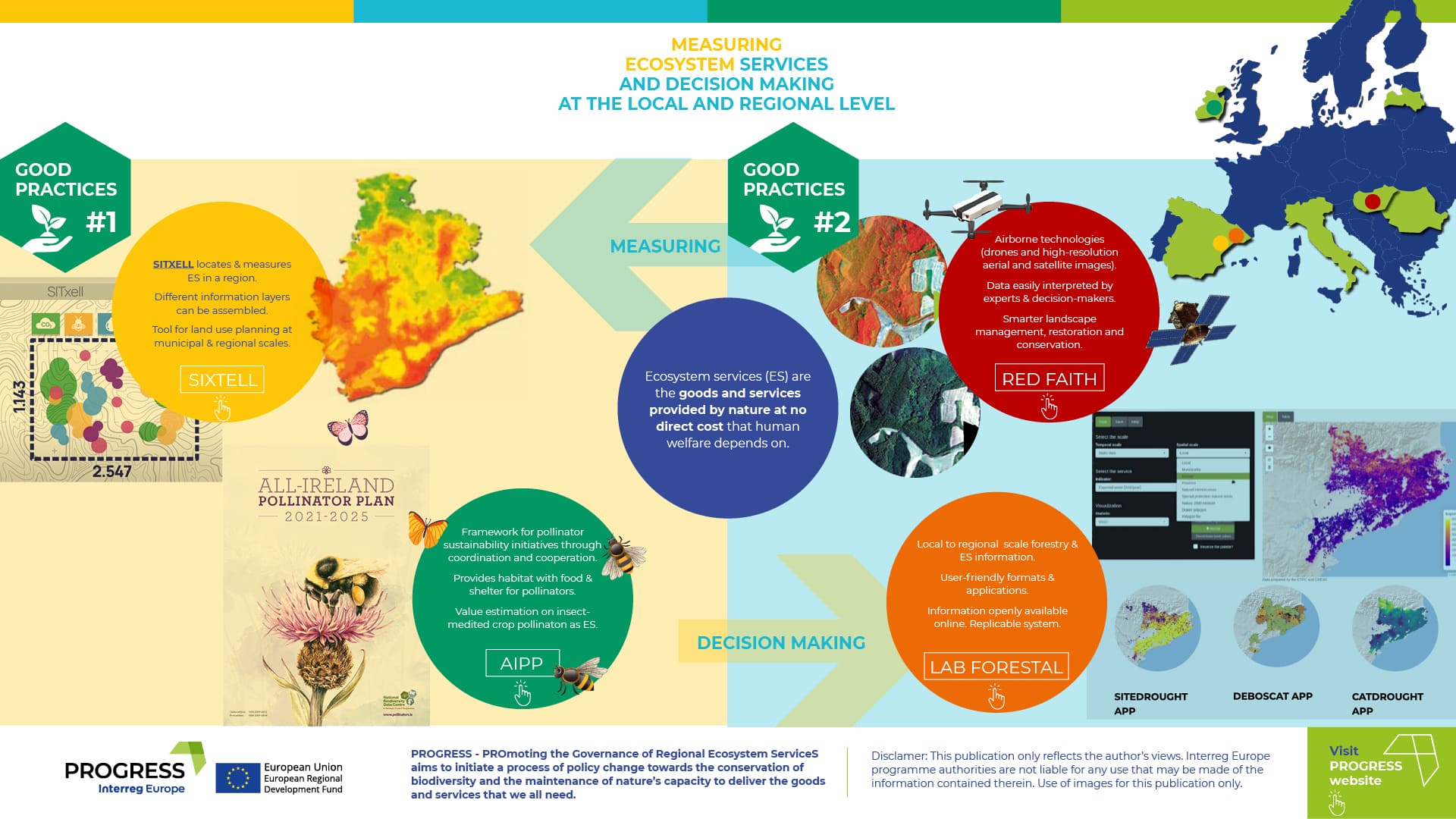
The 6 new infographics on PROGRESS themes and policy briefs are now available.
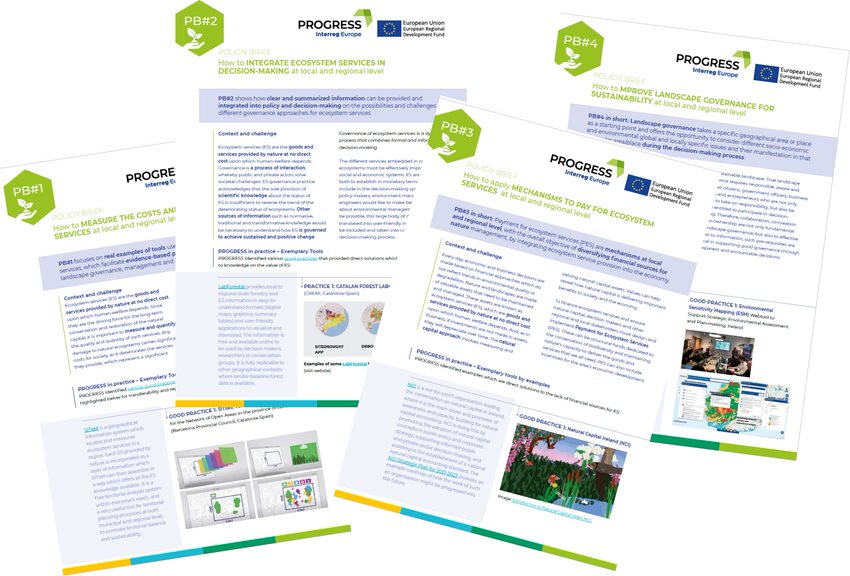
Find out the new PROGRESS Policy Briefs!

First news from Barcelona, the policy-makers speaches

Second news from Barcelona, the experts - policy-makers panels
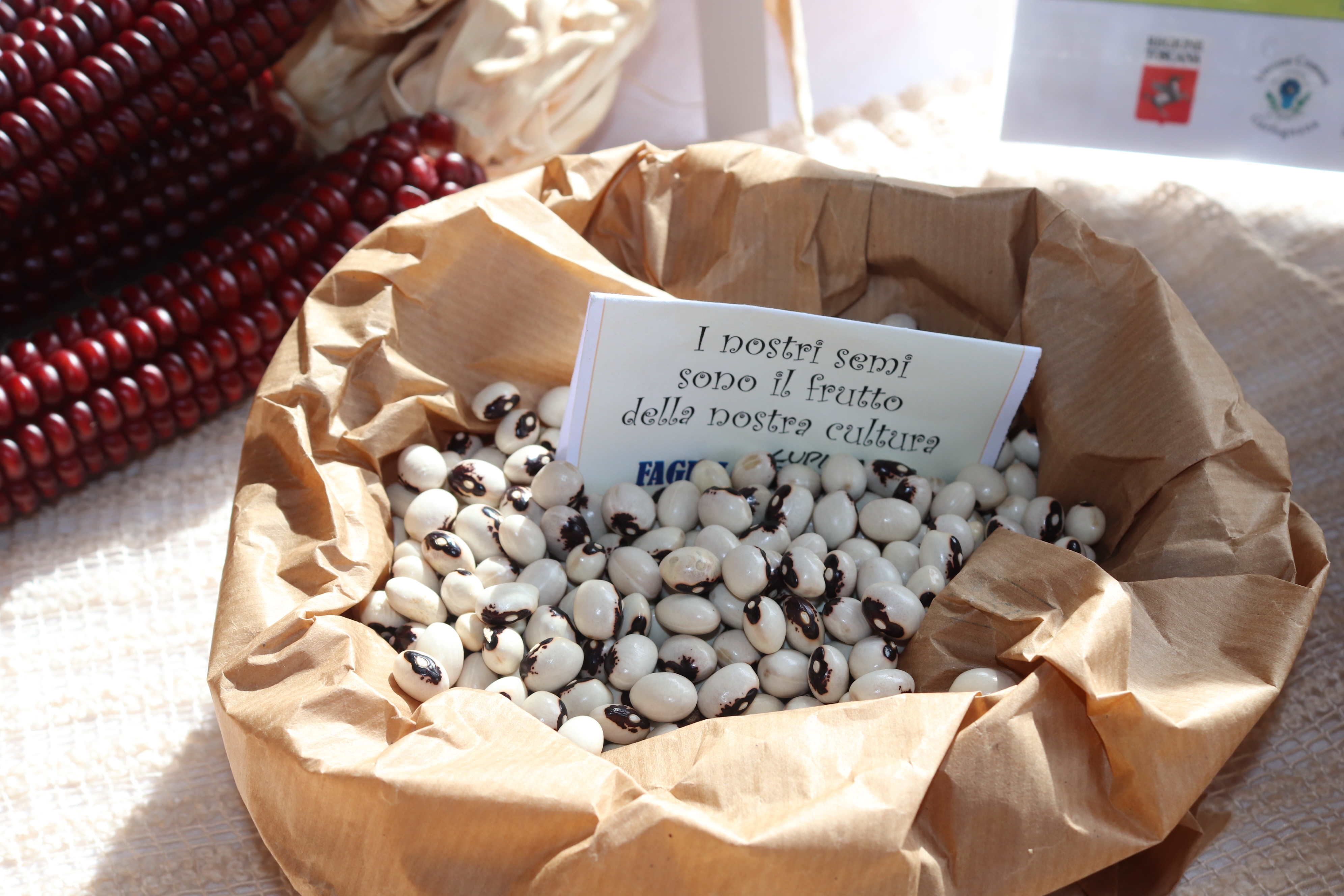
A community with the main objective of recovering, conserving and enhancing the biodiversity of agricultural and food products
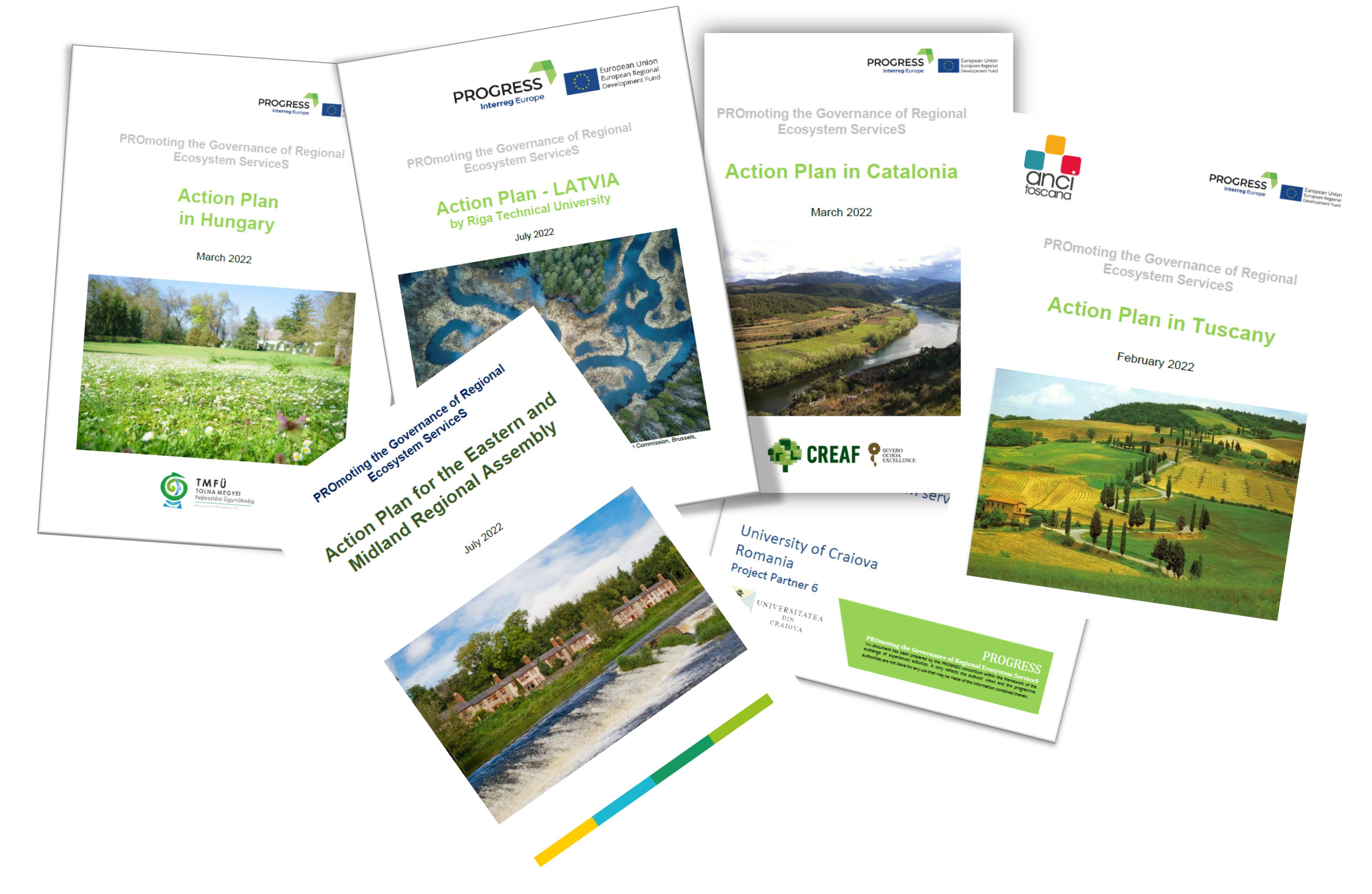
The Action Plans of each PROGRESS partners are now available at the web-library.
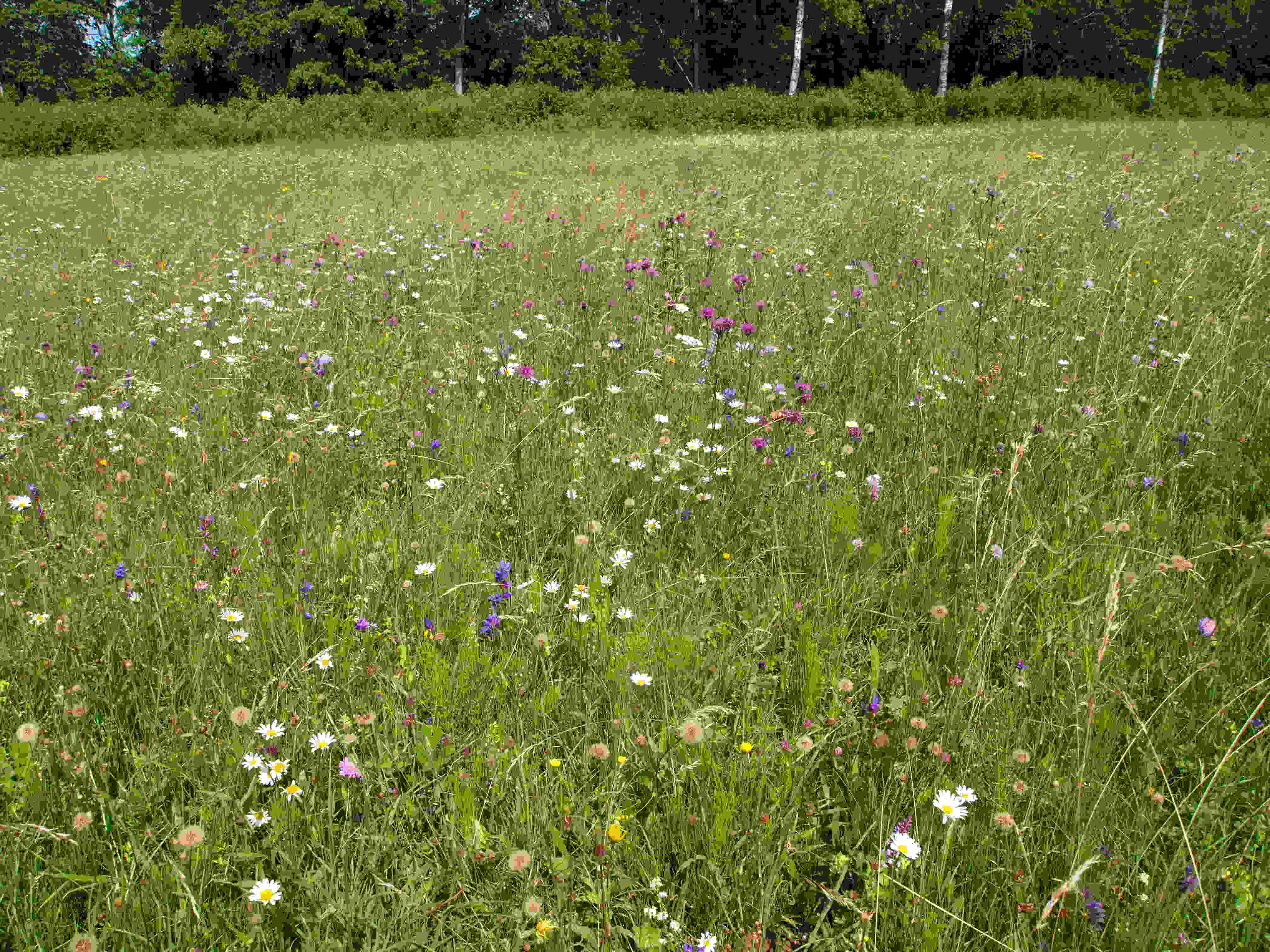
Introducing Life Viva Grass, an integrated planning tool designed to ensure the viability of grassland areas through ecosystem services.

A PROGRESS Pilot Action - Testing the transfer of the SITxell approach for ecosystem services mapping in Dún Laoighaire-Rathdown